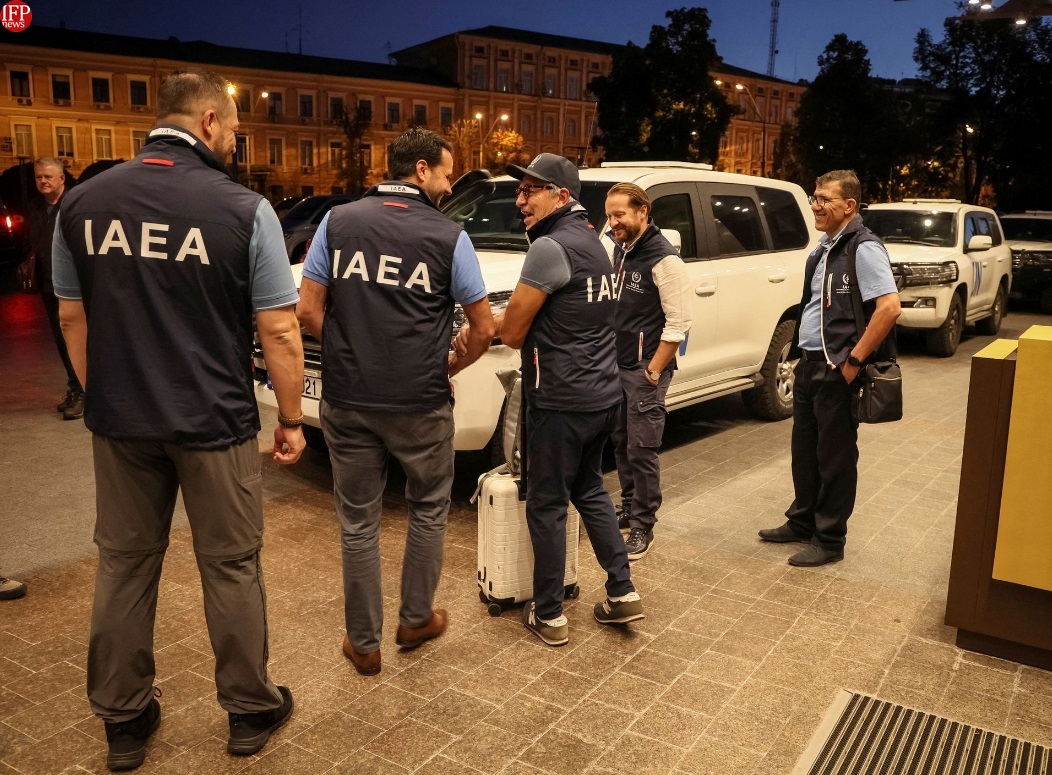Speaking to US media, Gharibabadi stressed that the Atomic Energy Organization of Iran is currently assessing damage to its nuclear facilities caused by recent attacks of the Zionist regime and the US.
Referring to an upcoming meeting with European powers, Gharibabadi described Friday’s planned talks in Istanbul with the E3 (UK, France, and Germany) as “very important”.
He refused to rule out a return to negotiations with the US, underlining the need for preliminary groundwork, including a halt to attacks during talks and mutual understanding that any agreement should benefit both sides.
Regarding the snapback mechanism under the JCPOA, Gharibabadi rejected the legitimacy of its application. He said the deal has not been implemented for over seven years, particularly after the US withdrawal in 2018.
“Europeans ceased their obligations after the US withdrawal…so what do they want Iran to comply with?” he said.
Iran, the deputy foreign minister noted, has not decided to withdraw from the Non-Proliferation Treaty (NPT), but believes a fresh dialogue with the IAEA is needed to redefine commitments under current conditions.
He added that a law passed by Iran’s parliament mandates the suspension of IAEA cooperation unless the safety of nuclear facilities and personnel is ensured.
